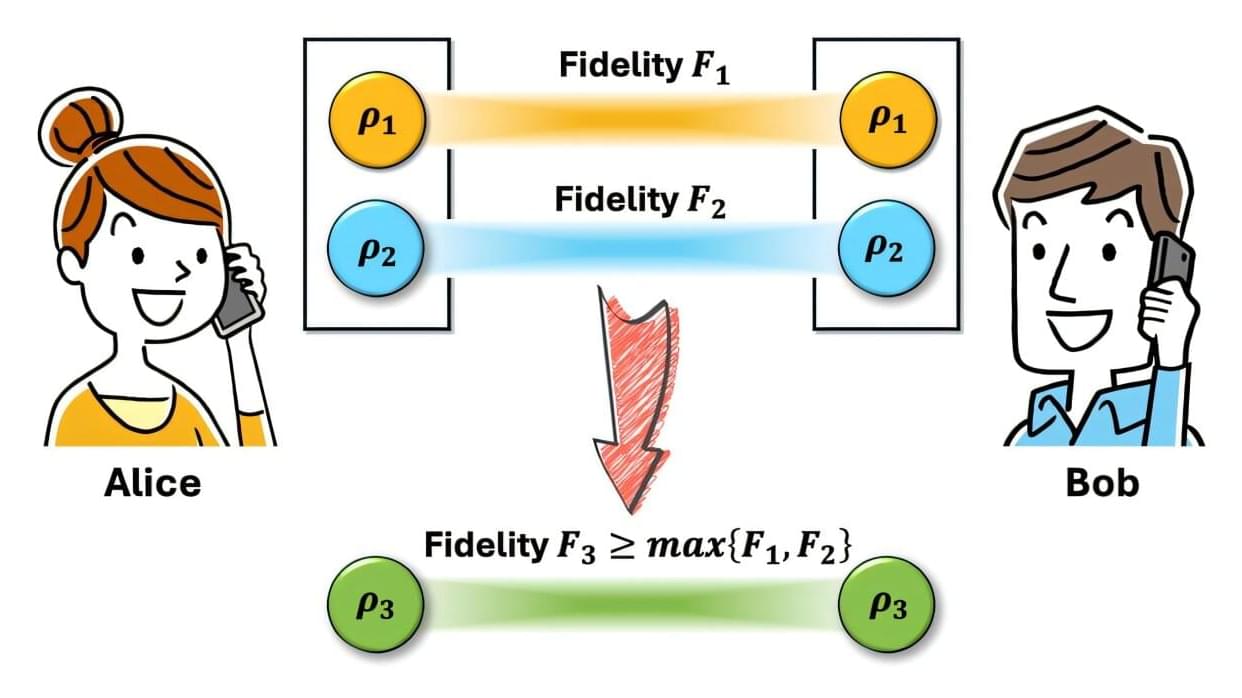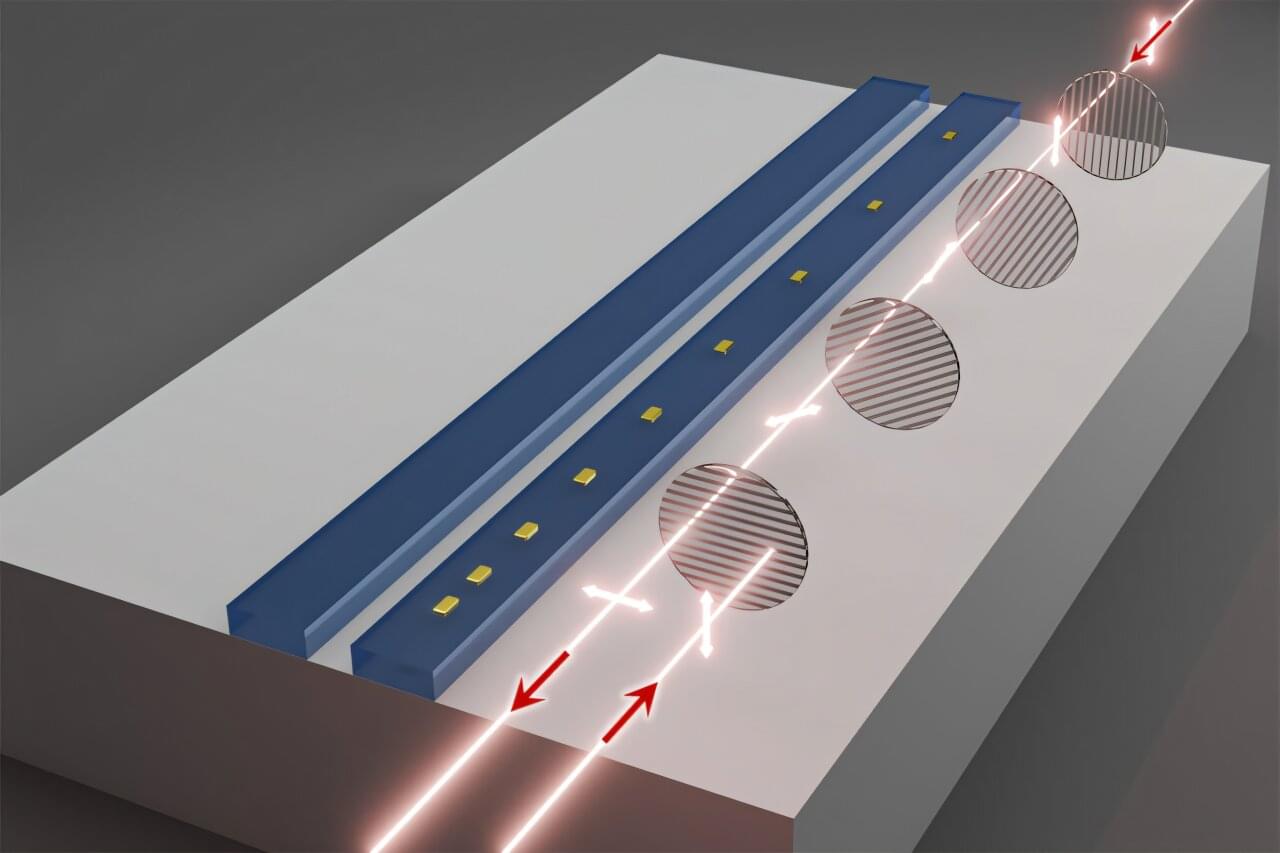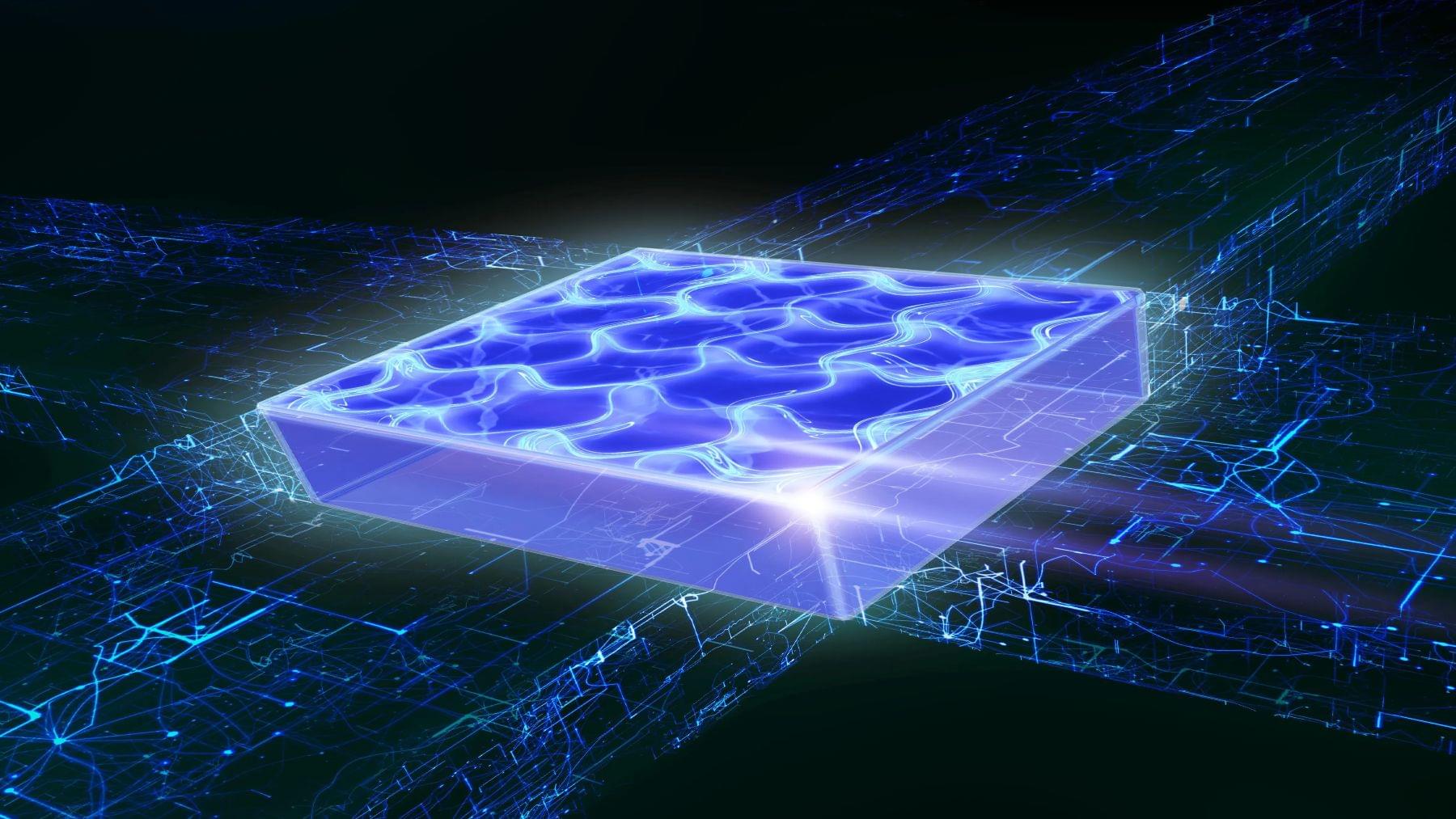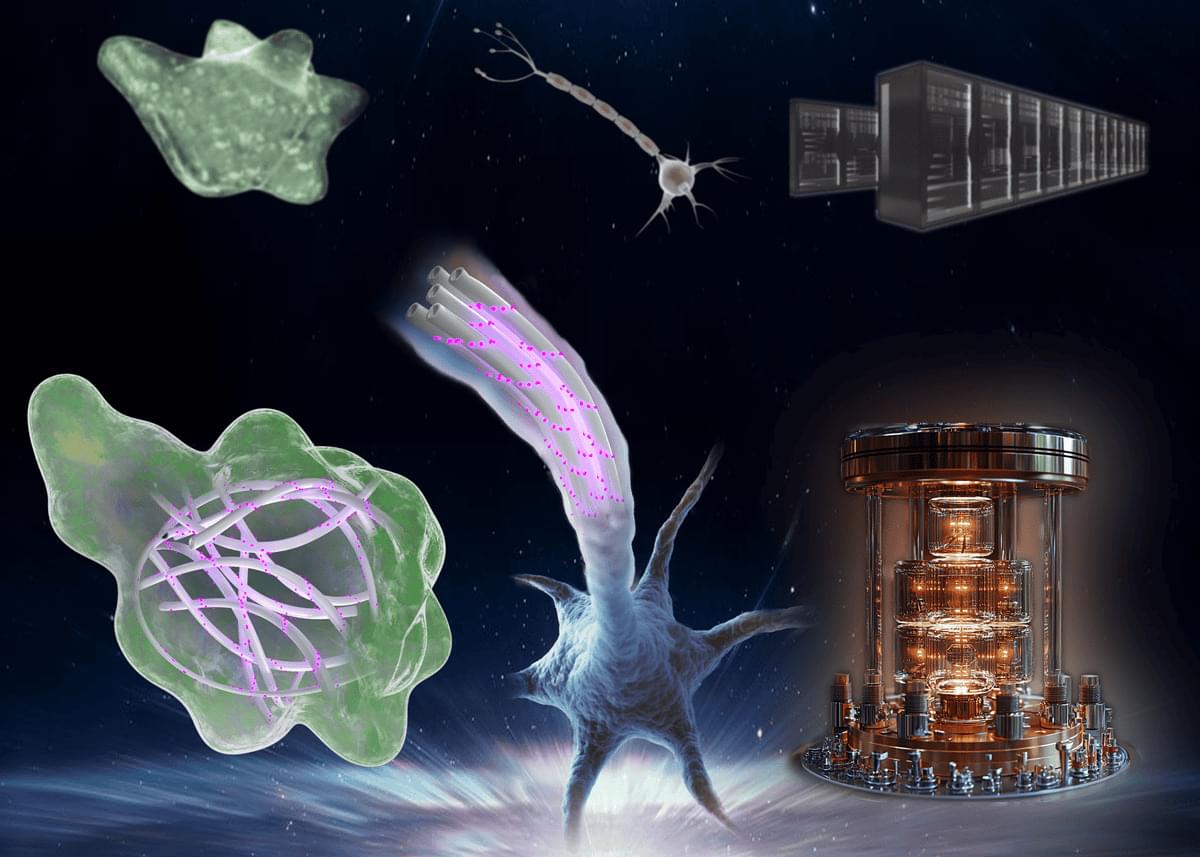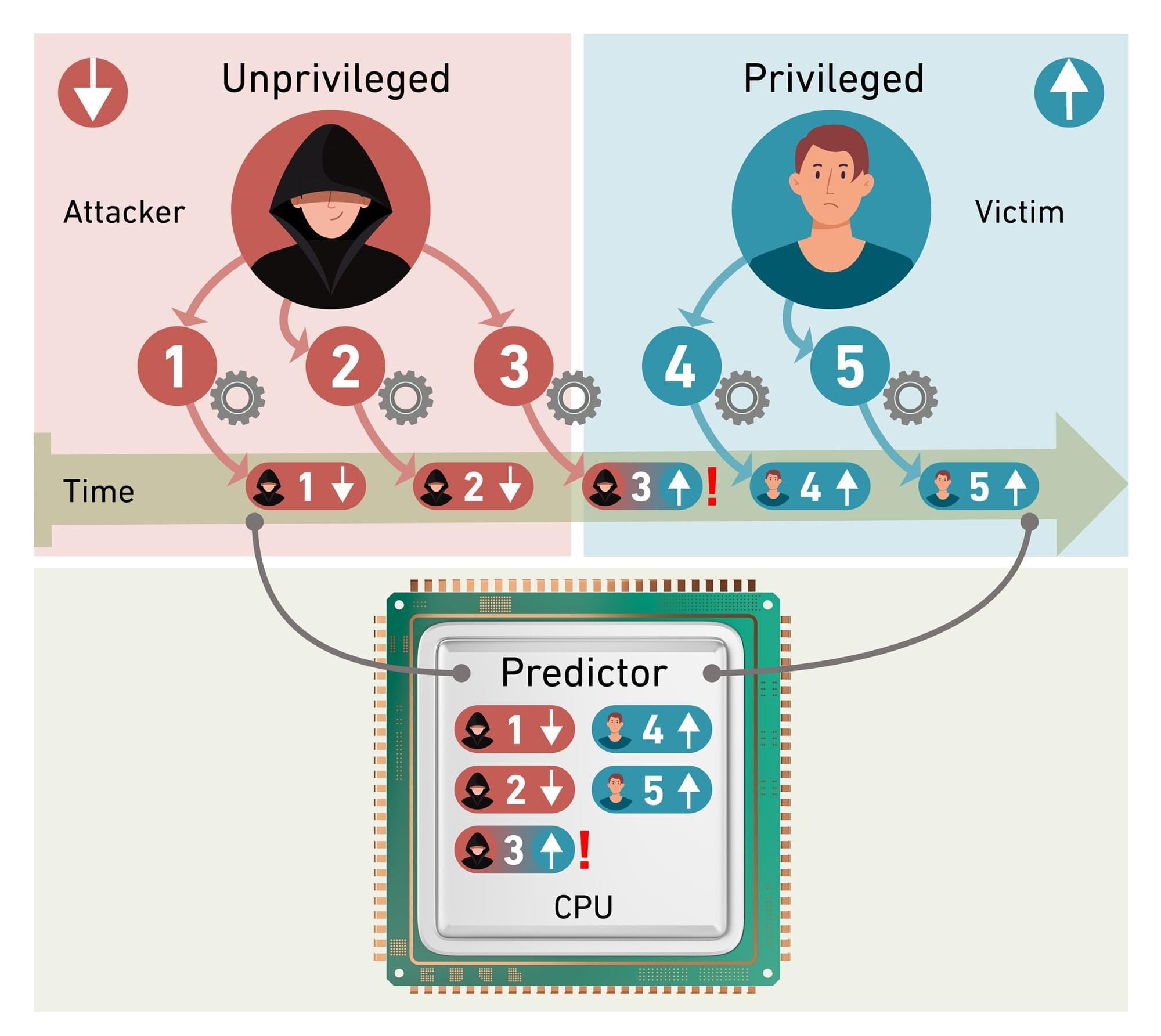Quantum entanglement—a connection between particles that produces correlations beyond what is classically possible—will be the backbone of future quantum technologies, including secure communication, cloud quantum computing, and distributed sensing. But entanglement is fragile; noise from the environment degrades entangled states over time, leaving scientists searching for methods to improve the fidelity of noisy entangled states.
Now, researchers at the University of Chicago Pritzker School of Molecular Engineering (UChicago PME), University of Illinois Urbana-Champaign, and Microsoft have shown that it is fundamentally impossible to design a single one-size-fits-all protocol to counteract that noise.
“In quantum information, we often hope for a protocol that works in all scenarios—a kind of cure-all,” said Asst. Prof. Tian Zhong, senior author of the new work published in Physical Review Letters. “This result shows that when it comes to purifying entanglement, that’s simply too good to be true.”
